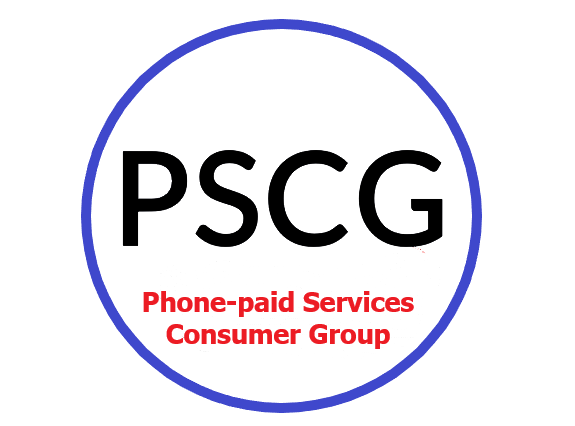The networks tout “Charge to Mobile” as a quick and convenient way to pay for services like Spotify. So what’s the problem?
Charge to Mobile and Reverse Premium SMS are methods used to charge “third party” services to your phone bill in the same way as you would charge them to a credit/debit card or to Paypal. All these other payment processors are FCA regulated and have to comply with strict rules laid down in the PSD2 legislation. The phone networks have been granted a limited exemption from that legislation, allowing them to operate as payment processors for a limited range of services, and up to a value of £40 per transaction and a limit of £240 per subscriber per month.
The FCA document detailing this exemption is here
When you take out a mobile phone contract, you automatically “sign up” to use this payment mechanism. You can opt out by asking for a “Charge to Mobile Bar”, but this isn’t routinely offered, and isn’t available at all on the Three network.
So, apart from lack of regulation, what are the problems with phone-payment?
- The networks make no attempt to verify these charges to your phone account. If one of the companies they allow to use this system knows your number they can make charges and nobody will ask them for proof of your consent to the charge.
Look at this response fro GiffGaff when a large number of their customers received unlawful charges from a company with a history of applying scam charges. In this case, because the company agreed the charges were fraudulent, they were refunded. however, normally there would be no method of getting redress. Fraudulent charges are “beyond their control” and “in line with the terms and conditions”.
- Charges can be initiated just by clicking on an advert on YouTube or on a website.

- By using exploits known as “clickjacking” and “iFraming” a fraudulent website can sign you up to a “subscription” without your knowledge or consent. BBC Watchdog commissioned research into these vulnerabilities.
https://www.surecloud.com/services/blog/bbc-watchdog-research-paper-payforit
- There is no disputes procedure which you can invoke in the event of unjustified or fraudulent charges. You are told to negotiate directly with the seller of the “service” and there is nowhere else to go if you are treated unfairly. To make matters worse, you my well find that the merchant making the charges is based overseas making it almost impossible to pursue a refund
- There is no chargeback facility, so once the money leaves your account there is no way of getting it back, even if the transaction was fraudulent.
- The networks won’t help cancel recurring charges. The only way of stopping a company taking money from your account is to ask THEM! If they don’t comply with your request, your network will continue to give them your money! Effectively it is a “direct debit”, without any of the safeguards offered by the banks, and you have no means of stopping it
- There is no refund mechanism. Even if the company that charged your account agrees a refund, it won’t be credited back to your phone account. You will often be asked to provide further personal information for a bank transfer, or expected to take a text message to a Post Office to get a refund.
- The networks adopt a completely hands-off approach to these charges, so they can claim to have no knowledge of any issues with them. Of course, this is untrue, as they take about 30% of the proceeds of these scams for themselves. Most consumers call their network first to dispute the charges, only to be told that their network won’t help. Nobody is counting the number of complaints or refunds. Other payment methods would suspend charges where a merchant generated a high level of complaints or chargebacks
The phone-payment system has other problems as well
- For years, phone-payment has been the preferred mechanism for fraudsters. There are many small “service providers” who cynically exploit the system to make unlawful charges.
- The system is overly complex, with many participants, all able to blame one-another when something goes wrong
- Each of the participants in the system takes “a cut” of the charges. This means that the “service provider” is lucky if they actually receive half of your payment. This means that the services tend to be poor value for money compared with those paid for by other means.
- The regulator for this system is the Phone-paid Services Authority. They are paid for by a levy on the industry that they are supposedly regulating. They continually “consult” with “the industry”, while making no effort so seek the views of the consumers they are supposed to be protecting.
- The system turns UK contract law on its head. In law, for a vendor to make a lawful charge, they have to be able to PROVE you consented to a contract. With this system, the consumer has to prove that they didn’t, and even then, they may not receive the refund they are entitled to.!
We strongly recommend that all consumers ask their network for a “Charge to Mobile” or a “Charge to Bill” bar on their account.
This will protect you from the risk of “unexpected” third party charges. This is particularly important for children, vulnerable adults and for SIMs which will be installed in Tablets or WiFi routers which are not routinely capable of receiving texts. Spending caps and premium rate bars don’t work against these charges.
Disgracefully, the Three network doesn’t offer any means of blocking third party charges. So if you want protection you will need to move to a different network.
